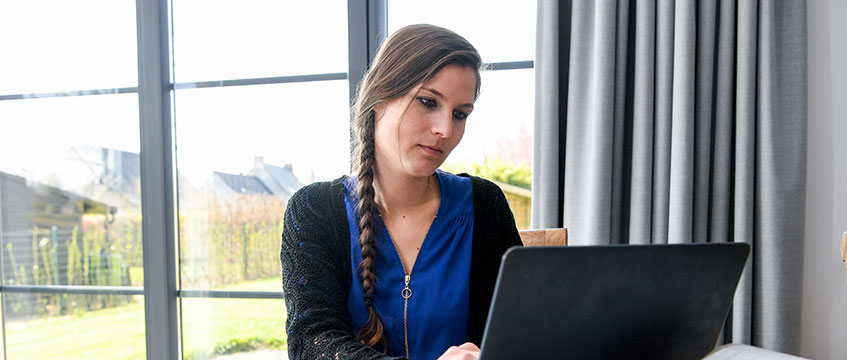Employees tire of working from home
The proportion of employees who have been put off working from home by the Covid lockdowns of the past year is growing.
Although still a minority, the 33% of respondents to a global survey from JLL who said they do not want to work from home in the future has edged up from 28% in a similar survey last October.
The agency’s study found that work-from-home fatigue and burnout is having the most significant effect on Generation Z – those born between the late 1990s and 2010s – and young parents.
The proportion of employees who have been put off working from home by the Covid lockdowns of the past year is growing.
Although still a minority, the 33% of respondents to a global survey from JLL who said they do not want to work from home in the future has edged up from 28% in a similar survey last October.
The agency’s study found that work-from-home fatigue and burnout is having the most significant effect on Generation Z – those born between the late 1990s and 2010s – and young parents.
JLL questioned more than 3,300 office workers from 10 cities across Europe, North America and Asia Pacific. Here are some of the other findings.
Three is the magic number
Across all respondents, working three days a week in the office is the new employee preference, with the other two days working remotely. The remote working days are likely to be split between one and a half days at home and half a day spent in a third-party place. “Remote work expectations are tending to decline across all homeworkers’ profiles,” JLL said.
Productivity at home has dipped
Just 37% of respondents said they feel more productive at home compared with the office, down from 48% in April 2020. JLL said highly productive home workers “are driven by a heavy workload and demand support and recognition”, and added: “Highly committed to their job, they are more at risk, especially in terms of mental health. Less productive homeworkers tend to feel less fulfilled in their job. The office is key in offering them structure and a sense of purpose.”
Work-life balance is now a must-have
A good work-life balance is now more important to workers than a good salary, JLL’s survey suggested. “Working in an environment that puts health and wellbeing at the forefront is more important than ever,” the agency’s report said. “’Humanity’ is clearly the most sought-after trait of the ideal workplace of the future.” Almost three-quarters of respondents said they wanted to work in offices that promote a healthy lifestyle, safety and wellbeing, and 88% said they wanted greater flexibility in working hours.
The pandemic is a chance to redefine the office
There is now a “huge opportunity” for offices, JLL said. “We now have one clear conviction: the office will become the primary place of work again on the condition that it upgrades to meet the new priorities of the workforce,” the team said. “The months to come will see a ‘flight to quality’, with top employers acknowledging the new workforce expectations through an in-depth rethinking of their approach to work, the workforce and the workplace, while others will continue to ‘wait and see’, not really sure where to start from.”
To send feedback, e-mail tim.burke@eg.co.uk or tweet @_tim_burke or @EGPropertyNews
Image © Isopix/Shutterstock











